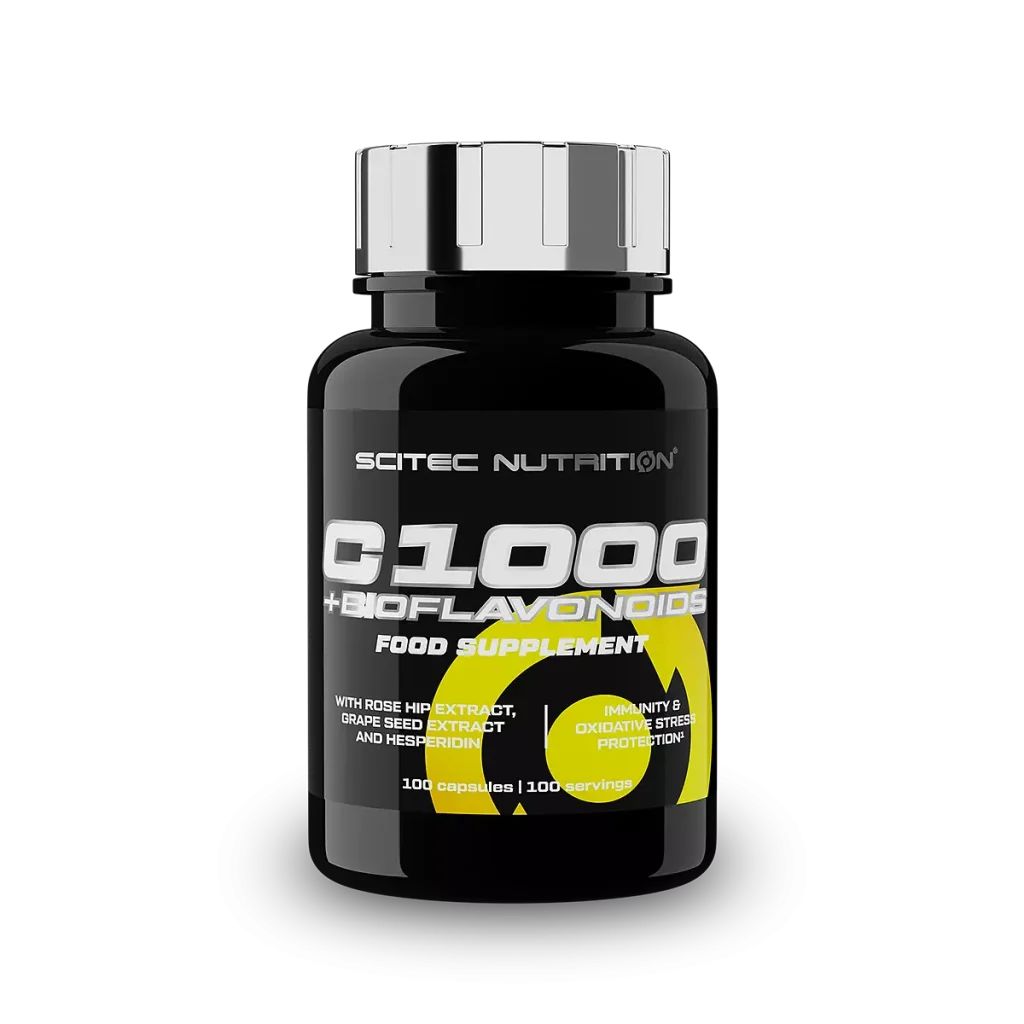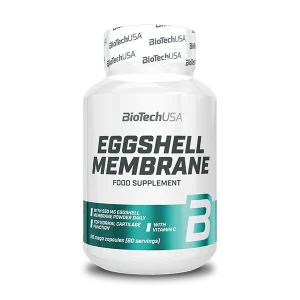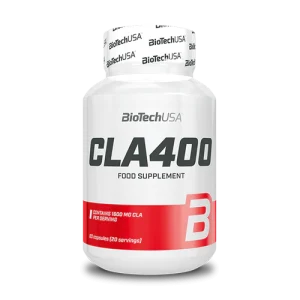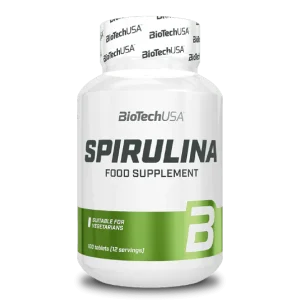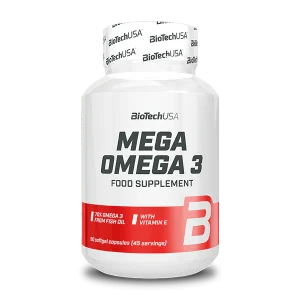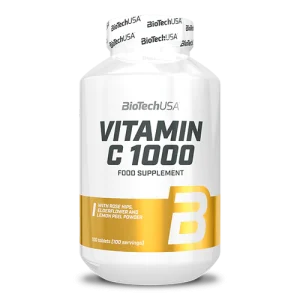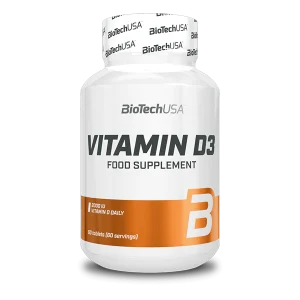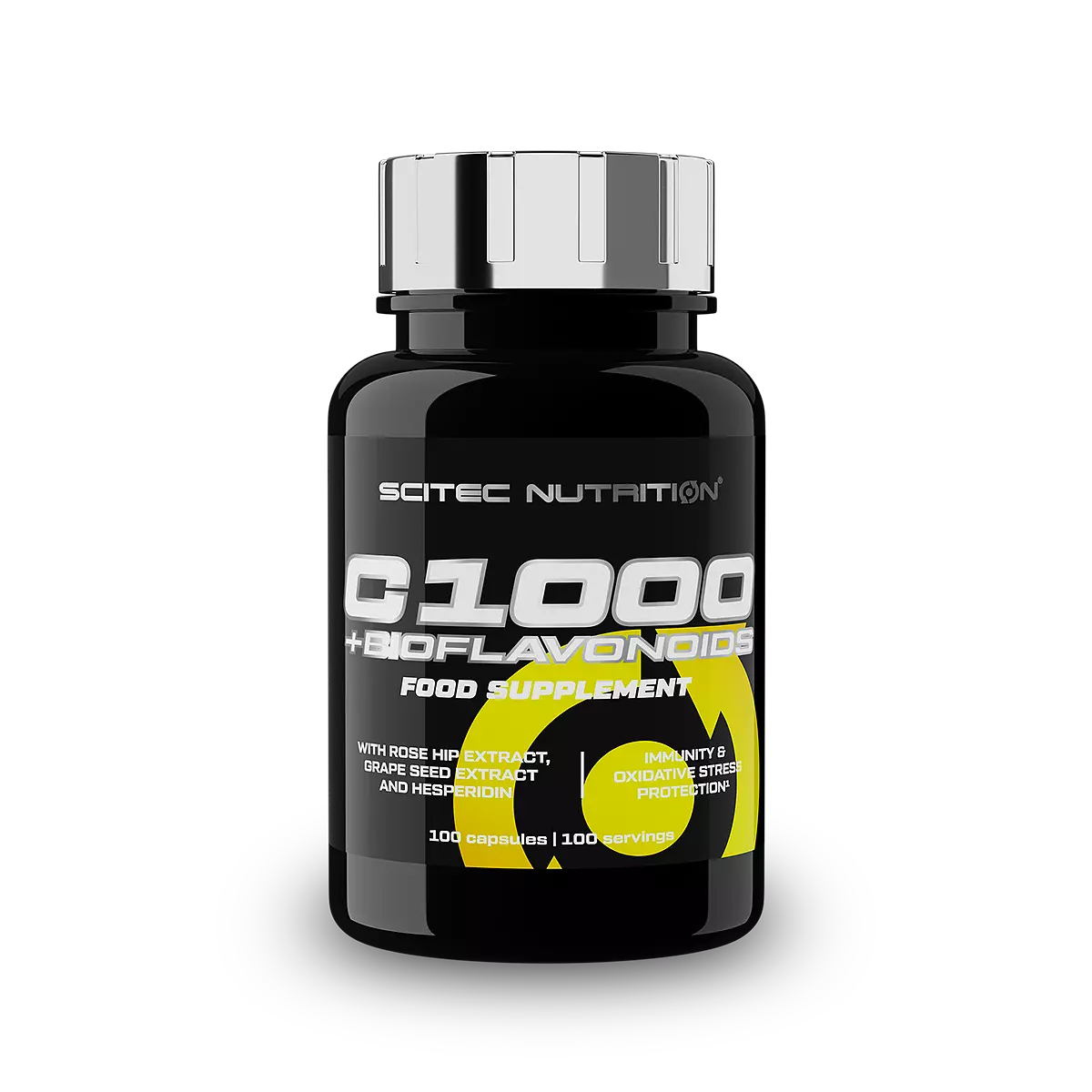
Scitec Nutrition
Scitec Nutrition is a European company that specializes in the development and manufacturing of sports nutrition supplements. Here are some general points about Scitec Nutrition:
- Company Background:
- Scitec Nutrition is a Hungarian company that was founded in 1996. It has since become one of the leading brands in the sports nutrition industry.
- Product Range:
- Scitec Nutrition offers a wide range of sports supplements, including protein powders, pre-workout formulas, amino acids, weight gainers, vitamins, and other nutritional products. Their products are designed to support various fitness goals, such as muscle building, recovery, and overall performance enhancement.
- Quality Control:
- The company emphasizes the importance of quality control and uses advanced manufacturing processes to ensure the purity and effectiveness of their products. They often highlight the use of high-quality ingredients in their formulations.
- International Presence:
- While based in Hungary, Scitec Nutrition has a global presence, distributing its products to numerous countries. It is known for having a strong presence in the European sports nutrition market.
- Customer Reviews and Reputation:
- Like any company, Scitec Nutrition’s reputation can be assessed through customer reviews and feedback. Positive reviews often highlight the effectiveness of their products, while negative reviews may address issues such as taste preferences or individual reactions.
It is recommended to check Scitec Nutrition official website or contact them directly for the most current and detailed information about their products.
What Is a Vitamin?
Vitamins are organic compounds that are essential for the normal functioning of the human body. These are micronutrients, meaning they are required by the body in relatively small amounts but are crucial for various physiological processes. Unlike macronutrients (such as carbohydrates, proteins, and fats), the body cannot produce vitamins in sufficient quantities, so they must be obtained through the diet.
Vitamins play a vital role in a wide range of biological functions, including metabolism, immune system function, and maintaining the health of tissues and organs. Each vitamin has specific functions, and a deficiency or excess of any particular vitamin can lead to various health issues.
There are two main types of vitamins:
- Fat-Soluble Vitamins: These vitamins dissolve in fat and are stored in the body’s fatty tissues. They include:
- Water-Soluble Vitamins: These vitamins dissolve in water and are not stored in the body to the same extent as fat-soluble vitamins. They include:
- Vitamin C (ascorbic acid)
- B-vitamins (B1, B2, B3, B5, B6, B7, B9, B12)
It’s important to maintain a balanced diet that includes a variety of foods to ensure an adequate intake of vitamins. While vitamin supplements can be beneficial in cases of deficiencies or certain health conditions, they should be used under the guidance of healthcare professionals, as excessive intake of certain vitamins can lead to toxicity.
What Are Bioflavonoids?
Bioflavonoids, also known as flavonoids, are a diverse group of plant compounds with antioxidant properties found in fruits, vegetables, tea, and red wine. These natural pigments contribute to the vibrant colors of many plants and offer various health benefits. Acting as potent antioxidants, bioflavonoids help neutralize free radicals, reducing oxidative stress and inflammation in the body. Some common bioflavonoids include quercetin, rutin, hesperidin, and catechins.
Research suggests that bioflavonoids may support cardiovascular health, improve immune function, and potentially reduce the risk of chronic diseases. Their role in promoting overall well-being underscores the importance of a balanced diet rich in colorful, plant-based foods to harness the diverse health benefits of bioflavonoids.
For more detailed information on Bioflavonoids, please click here
Advantages and Disadvantages of Taking Bioflavonoids
Bioflavonoids, found in various fruits, vegetables, and beverages, offer potential health benefits. However, like many supplements and natural compounds, there are advantages and potential disadvantages to consider. It’s important to note that individual responses can vary, and consulting with a healthcare professional is advisable before starting any supplementation. Here are some advantages and potential disadvantages of taking bioflavonoids:
Advantages of Taking Bioflavonoids:
- Antioxidant Properties:
- Bioflavonoids are known for their potent antioxidant effects, helping to neutralize free radicals and reduce oxidative stress, which is linked to various chronic diseases.
- Anti-Inflammatory Effects:
- Many bioflavonoids exhibit anti-inflammatory properties, which can contribute to managing inflammation in the body.
- Cardiovascular Health:
- Certain bioflavonoids may support cardiovascular health by promoting blood vessel function, reducing blood pressure, and potentially lowering the risk of heart disease.
- Immune System Support:
- Bioflavonoids, particularly quercetin, may enhance the immune system’s response to infections and contribute to overall immune health.
- Potential Cancer Prevention:
- Some studies suggest that bioflavonoids may have anti-cancer properties by influencing various cellular processes associated with cancer development.
Disadvantages of Taking Bioflavonoids:
- Interactions with Medications:
- Bioflavonoids, especially in supplement form, can interact with certain medications, potentially affecting their absorption or metabolism. It’s important to consult with a healthcare professional if you are on medication.
- Iron Absorption Inhibition:
- Some bioflavonoids, particularly tannins found in tea, may inhibit the absorption of non-heme iron, which could be a concern for individuals with iron-deficiency anemia.
- Potential Allergic Reactions:
- In rare cases, individuals may be allergic to certain bioflavonoids. If you experience allergic reactions such as itching, swelling, or difficulty breathing, seek medical attention.
- Gastrointestinal Upset:
- High doses of bioflavonoid supplements may cause gastrointestinal upset, including nausea or diarrhea. It’s important to follow recommended dosage guidelines.
- Limited Standardization:
- The quality and standardization of bioflavonoid supplements can vary. It may be challenging to determine the exact content and purity of bioflavonoids in some products.
In summary, while bioflavonoids offer potential health benefits, especially when obtained through a varied diet, caution is advised with supplements. It’s crucial to consult with a healthcare professional for personalized advice, especially if you are considering bioflavonoid supplementation or have existing health conditions.
Ingredients
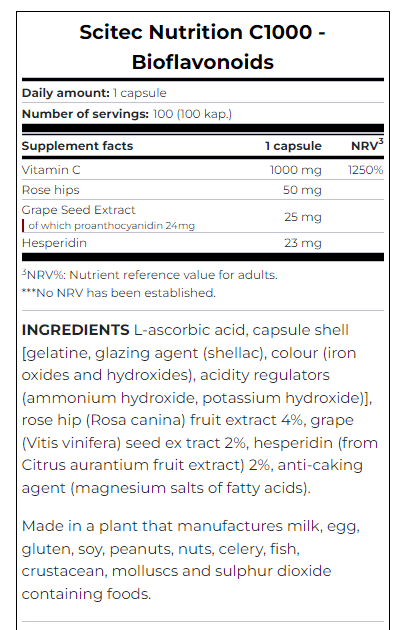
Vitamin C, a.k.a Ascorbic Acid
Vitamin C, or ascorbic acid, is a water-soluble vitamin essential for numerous physiological functions in the human body.
As a potent antioxidant, it helps protect cells from oxidative damage, supports the immune system, and promotes the synthesis of collagen—a vital protein for skin, blood vessels, and connective tissues.
Found abundantly in fruits and vegetables, particularly citrus fruits, strawberries, and bell peppers, vitamin C is crucial for overall health. Its role in enhancing iron absorption, contributing to wound healing, and combating infections underscores its significance.
While a deficiency can lead to scurvy, characterized by fatigue, swollen gums, and joint pain, maintaining a balanced diet rich in vitamin C sources is fundamental for optimal health and well-being.
For more detailed information on Vitamin C a.k.a Ascorbic Acid, please click here.
Rose Hips Extract
Rose hips extract, derived from the fruit of the rose plant, is valued for its rich nutrient profile and potential health benefits.
Packed with vitamin C, antioxidants, and other bioactive compounds, rose hips extract offers immune system support, skin health benefits, and anti-inflammatory properties. The extract may aid in joint health, cardiovascular well-being, and weight management. Its antioxidant content helps combat free radicals, contributing to overall health and potentially reducing the risk of chronic diseases.
Rose hips extract is available in various forms, including teas, supplements, and culinary preparations. While generally considered safe, individuals on certain medications or with specific health conditions should consult with healthcare professionals before incorporating it into their routine.
For more detailed information on Rose Hips Extract, please click here.
Grape Seed Extract
Grape seed extract, derived from the seeds of grapes, is a natural supplement renowned for its antioxidant-rich composition, including phenolic acids and proanthocyanidins. These antioxidants combat free radicals, potentially offering cardiovascular benefits by supporting blood vessel health and reducing oxidative stress.
The extract is also associated with anti-inflammatory properties, contributing to conditions like arthritis. Widely used in skincare for its potential to protect against UV damage and stimulate collagen production, grape seed extract may promote youthful skin. Some studies suggest neuroprotective effects, while its anticancer potential and possible role in diabetes management require further research.
Despite generally being considered safe, individuals should consult healthcare professionals due to potential interactions and individual variations in response.
For more detailed information on Grape Seed Extract, please click here.
Hesperidin
Hesperidin, a flavonoid abundantly present in citrus fruits like oranges, lemons, and grapefruits, is celebrated for its potential health-promoting properties. As a powerful antioxidant, hesperidin helps combat oxidative stress, protecting cells from damage caused by free radicals. Its anti-inflammatory attributes are of particular interest, as hesperidin has demonstrated the ability to modulate inflammatory pathways, suggesting potential benefits for conditions involving inflammation.
Research indicates that hesperidin may play a role in cardiovascular health by promoting the strength and flexibility of blood vessels. Studies suggest that it might contribute to reducing blood pressure and improving lipid profiles. Additionally, hesperidin has been explored for its immune-modulating effects, which could have implications for immune system support. While hesperidin is naturally obtained through citrus consumption, its concentrated form is also available in supplement form. Individuals considering hesperidin supplements are advised to consult with healthcare professionals, especially those with existing health conditions or taking medications, to ensure safe and appropriate use.
For more detailed information on Hesperidin, please click here.
Available Forms
C1000+Bioflavonoids by Scitec Nutrition is available in one size only: a bottle with 100 capsules, providing 100 servings.
